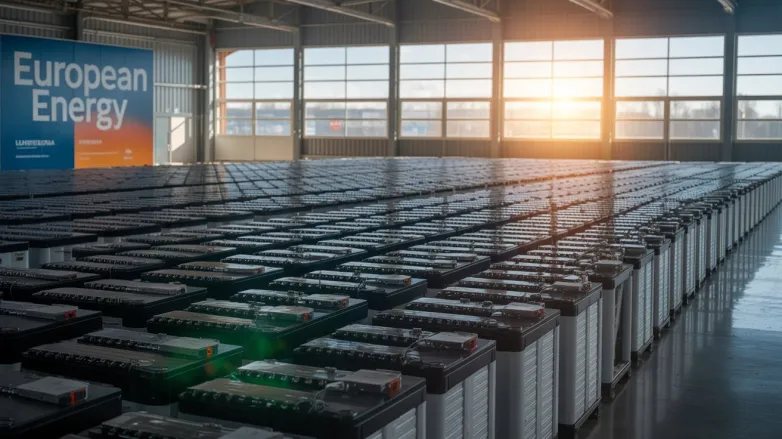European Energy installs batteries at Lithuania’s 78.5-megawatt Anykščiai solar park
- European Energy began installing a BESS at its 78.5-MW Anykščiai solar park, adding multi-hour flexibility to Lithuania’s rapidly greening power system.

European Energy has kicked off installation of a battery energy storage system (BESS) at its 78.5-MW Anykščiai solar park in Lithuania, moving the project from pure generation to a hybrid capable of shifting energy across hours and supporting grid stability. The upgrade reflects a broader Baltic strategy: add flexible, fast-responding capacity that complements growing wind and solar while enhancing security of supply.
The BESS will charge when solar output is abundant and prices are low, then discharge into evening peaks—reducing curtailment risk and dampening price spikes. Grid-forming inverter capabilities are expected, enabling voltage support, fast frequency response, and synthetic inertia that help the system ride through disturbances. Co-location with the PV plant keeps round-trip losses and interconnection costs below those of standalone storage, and a unified plant controller simplifies dispatch.
Lithuania’s grid is evolving quickly. As the share of variable renewables rises, operators face deeper midday troughs and steeper ramps around sunset. Batteries are the practical bridge: they transform intermittent energy into a contractible, financeable product and provide ancillary services within seconds. For European Energy, standardized containerized platforms and a fleetwide SCADA layer cut capex and O&M, improving lender confidence and shortening commissioning timelines.
Community and environmental considerations remain central. Construction and operation plans typically include acoustic fencing, fire-safety systems with sectionalized suppression, and landscaping to minimize visual impacts. Biodiversity measures—managed grasslands and pollinator-friendly seed mixes—are increasingly embedded around solar arrays, while storm-water controls and careful cable routing protect soils and waterways.
Commercially, hybridization broadens revenue beyond pure energy arbitrage. Capacity and ancillary-service markets add resilience to cash flows, while flexible operations reduce exposure to negative pricing events on sunny days. Over time, the BESS can be re-tuned as market rules evolve—longer discharge windows, new reserve products—without major hardware changes.
With installation underway, the Anykščiai park is set to deliver not just clean megawatt-hours at noon but usable, dispatchable power when Lithuania needs it most. It’s a microcosm of the region’s next step: pairing fast-growing renewables with the flexibility that keeps a modern grid steady.
Also read

